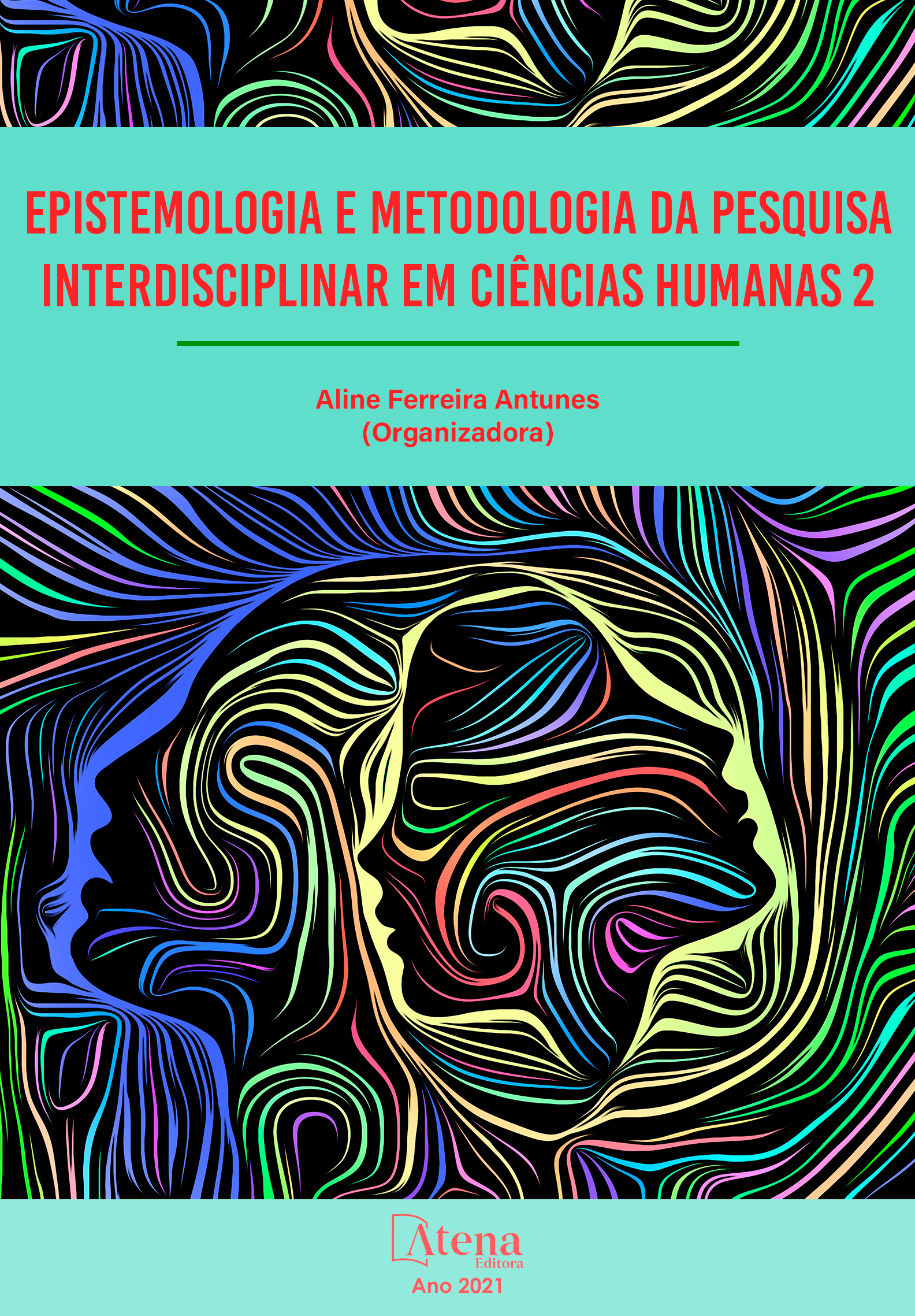
UMA ABORDAGEM DO PAPEL DO COORDENADOR PEDAGÓGICO E SUAS ATRIBUIÇÕES NO CENTRO DE EDUCAÇÃO INFANTIL
A Educação Infantil é considerada um direito da criança de zero a seis anos de idade desde a Constituição de 1988 e a primeira etapa da Educação Básica desde a Lei 9394/96. Nesse contexto, aqui se tem bebês e crianças pequenas, convivendo em espaços coletivos, considerados como instituições de ensino ou educacionais, que fazem parte dos Sistemas de Ensino, mas que precisam ser mantidos íntegros, no sentido de garantir as especificidades dessa etapa educacional e, ainda, estar organizado de forma que as crianças possam ter seus aprendizados garantidos, vivendo as suas infâncias em plenitude. Assim sendo, o referencial teórico escolhido, teve o viés na Educação a Educação Infantil, analisando como a infância é abordada nesse espaço que é a creche, de que forma o processo de ensino aprendizagem na educação infantil, tem sido garantido sendo preservado aquilo que é primordial para a sua constituição de criança, e aqui, garantindo a sua infância. Consultamos também as Diretrizes da Educação Infantil, o Plano Nacional de Educação e a LDBEN N. 9.394/1996 que trazem discussões sobre a educação, educação infantil. O trabalho aqui proposto, foi desenvolvido a partir de uma pesquisa essencialmente bibliográfica, qualitativa, elaborada com materiais já publicados, constituídos principalmente de consultas a livros, material disponibilizado na Internet e bibliografia de autores que possuam obras relacionadas ao objeto de estudo Neste artigo colocamos em evidência alguns aspectos importantes sobre a educação Infantil, enfatizando, o papel do coordenador pedagógico e suas atribuições. O objetivo central foi à abordagem teórica do papel do coordenador dos Ceinfs. Sendo que a educação infantil e o coordenador nos Ceinfs produzem diversas significações, desde um espaço de descobertas sobre o próprio mundo, por dos seus afazeres e sua relação da sua comunidade.
UMA ABORDAGEM DO PAPEL DO COORDENADOR PEDAGÓGICO E SUAS ATRIBUIÇÕES NO CENTRO DE EDUCAÇÃO INFANTIL
-
DOI: 10.22533/at.ed.5262108032
-
Palavras-chave: 1Educação, 2 Educação Infantil, 3 Coordenação, 4 Aprendizagem
-
Keywords: 1Education, 2 Early Childhood Education, 3 Coordination, 4 Learning.
-
Abstract:
Early Childhood Education is considered a right of children from zero to six years of age since the 1988 Constitution and the first stage of Basic Education since Law 9394/96. In this context, here we have babies and young children, living in collective spaces, considered as educational or educational institutions, which are part of the Teaching Systems, but which need to be kept intact, in order to guarantee the specificities of this educational stage and, also, be organized in a way that children can have their learning guaranteed, living their childhoods to the full. Therefore, the theoretical framework chosen, had a bias in Early Childhood Education, analyzing how childhood is approached in this space that is the daycare center, in which way the process of teaching and learning in early childhood education has been guaranteed, preserving what is essential for your constitution as a child, and here, guaranteeing your childhood. We also consulted the Early Childhood Education Guidelines, the National Education Plan and LDBEN N. 9.394 / 1996 which bring discussions about education, early childhood education. The work proposed here, was developed from an essentially bibliographic, qualitative research, elaborated with materials already published, constituted mainly of consultations to books, material made available on the Internet and bibliography of authors that have works related to the object of study. it highlights some important aspects about early childhood education, emphasizing the role of the pedagogical coordinator and his / her duties. The central objective was the theoretical approach to the role of the Ceinfs coordinator. Since early childhood education and the coordinator at Ceinfs produce several meanings, from a space for discoveries about the world itself, through their chores and their community relationship.
-
Número de páginas: 15
- kleide ferreira de jesus
- Suely Cristina Soares da Gama


